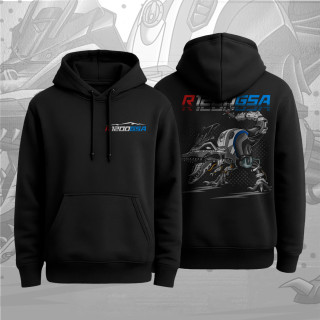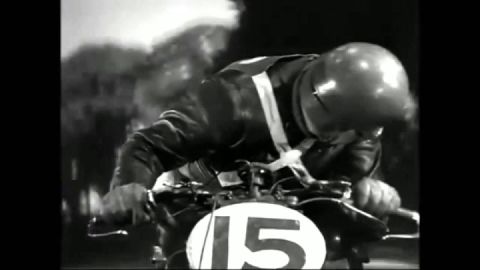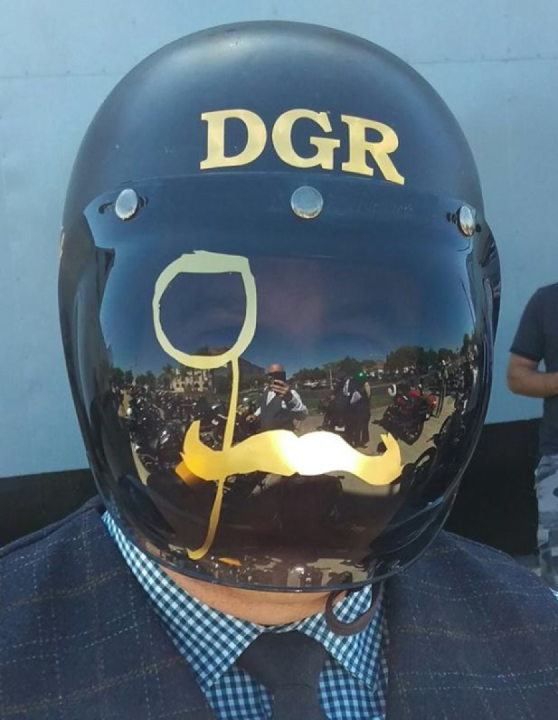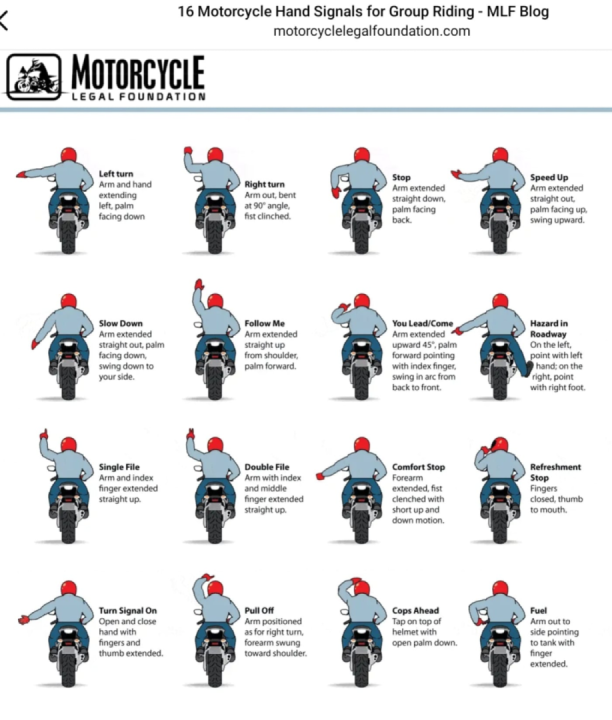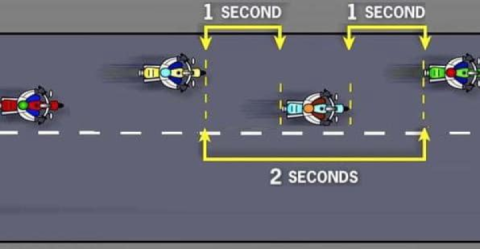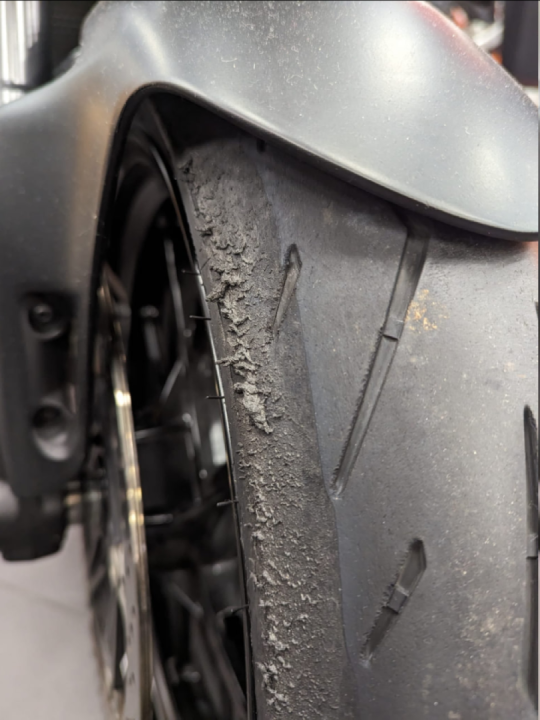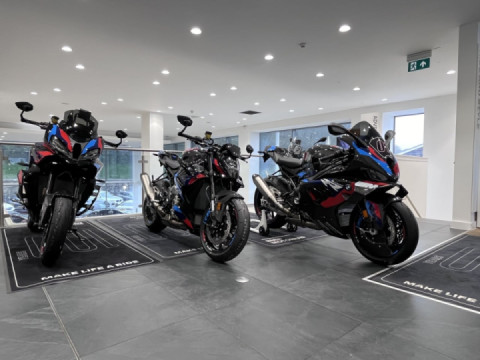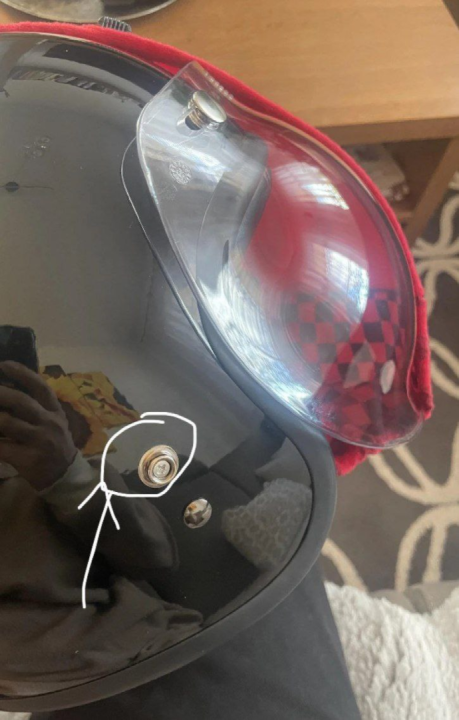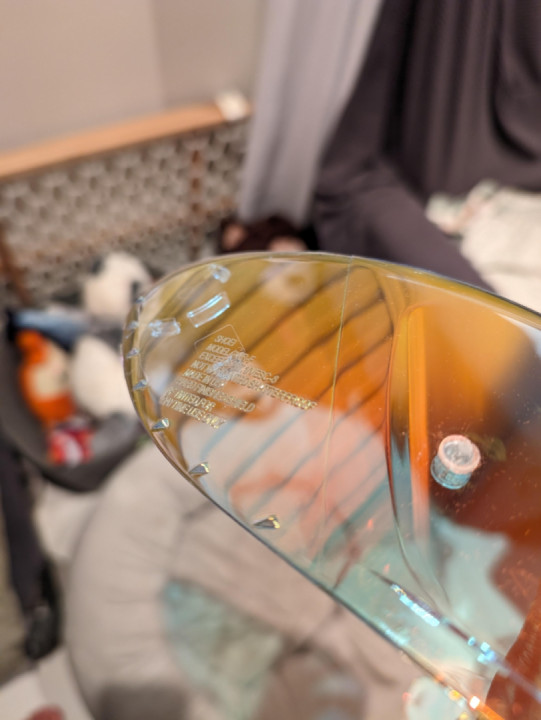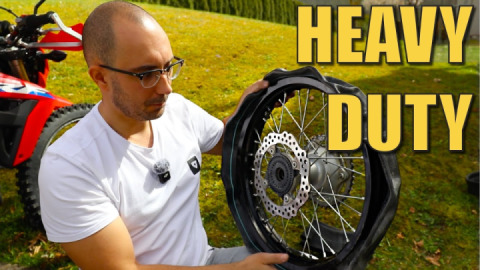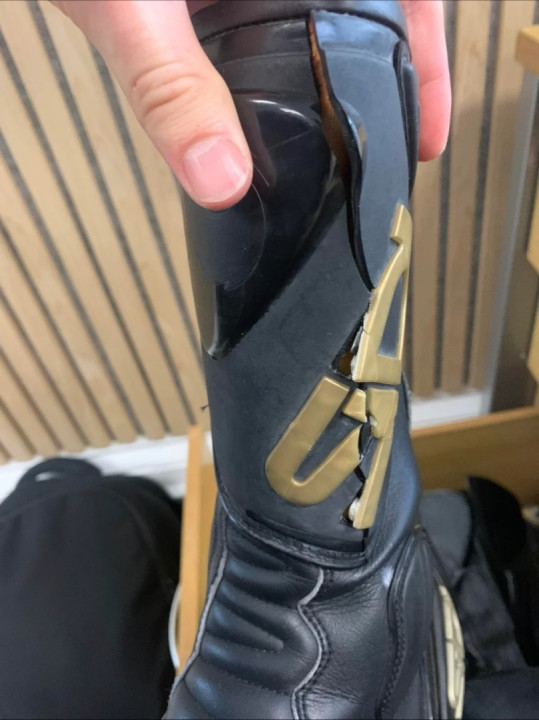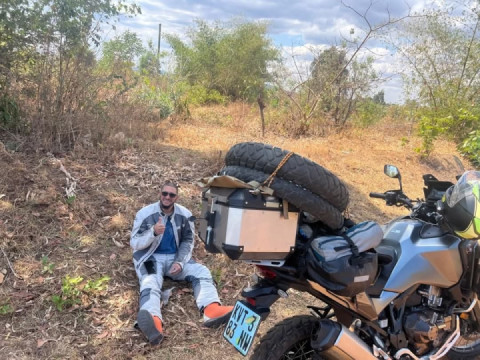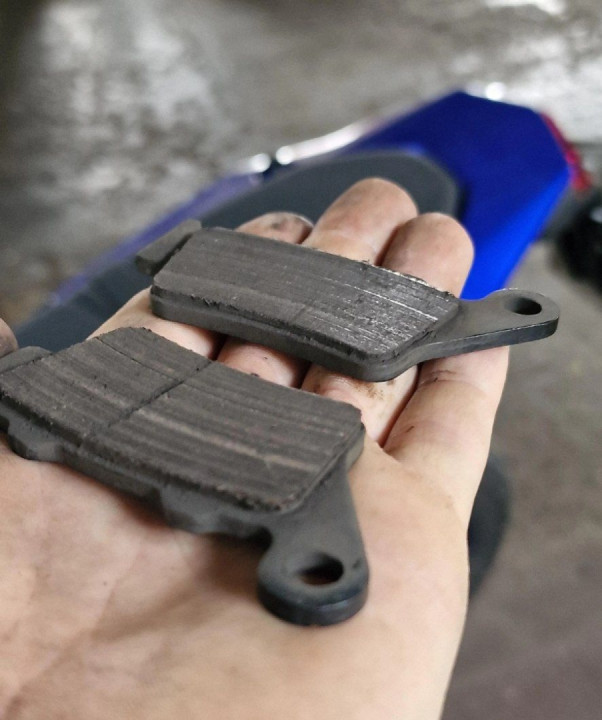Remember during the height of the pandemic when the motorcycle industry (like everything else) was run through a blender? If you walked into a motorcycle dealership and happened to find a bike you wanted to buy, it probably had some extra fees attached. One of those was a fee to offset the costs of shipping goods across the ocean, which soared to new records in 2021.
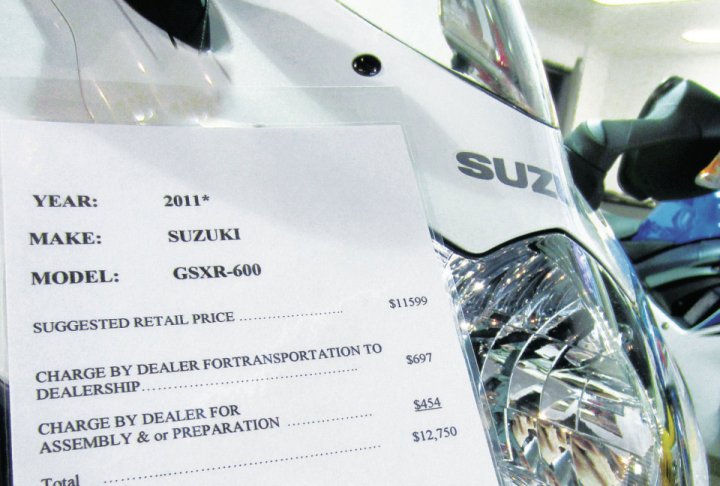
If you walk into a dealer today, are you still seeing fees like that? The fact is, while add-on fees may have been justified two years ago, there's really no excuse for them in 2023. And that's not just me saying so. That's the official position just released in a statement by the National Powersports Dealer Association.
"The math doesn't feel right to customers"
The pandemic threw surprises at all of us, and that included the motorcycle industry. Plants shut down, cutting production of parts and finished motorcycles. Stimulus checks hit consumers bank accounts at the same time that they couldn't spend on many things — but they could go ride a dirt bike, for example. Two results of these disruptions were a shortage of motorcycles for sale and a massive spike in the cost of shipping goods.
It doesn't matter whether you're buying a Harley-Davidson or a Honda, lots of parts or even the entire motorcycle has to be shipped from abroad. Since it was a seller's market, with supply tight, manufacturers and dealers quickly added surcharges to offset the big spike in shipping costs that hit mostly in 2021 and peaked late that year.
Here's the thing, though. Those shipping prices are now back about where they were before the pandemic, but some players in the industry are reluctant to let go of those extra fees.
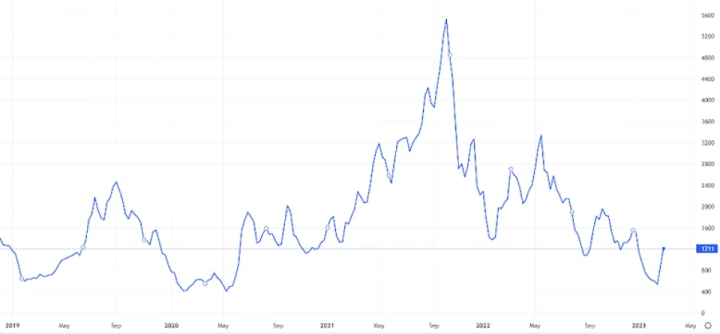
"For those of us who have been around for a while, we knew that once manufacturers started charging those additional fees, it would be hard for them to stop," the NPDA statement said.
"We knew that Wall Street would get hooked on those additional profits, and they are," the NPDA said. While it's true that some cost inputs (though not international shipping) are still historically high for manufacturers, it's also true that corporate profits are mostly very healthy, too, and consumers know it. So while customers were willing to accept those fees during the height of the pandemic, they are now pushing back. Dealers on the frontlines are the ones who have to face customer dissatisfaction, said the NPDA, and even when customers swallow the increased fees, it leaves them with a bad feeling about the purchase, which hurts business in the long run.
It's not just motorcycles, but also add-on fees for things ranging from concert tickets to baggage on airlines, the NPDA noted.
"When Americans say they are tired of being nickeled and dimed to death, it's not an exaggeration, it's reality," said the NPDA. "Consumers are sick and tired of these charges" and the higher prices are "killing business for dealers."
Is any relief in sight for consumers? Looking at the two major U.S. motorcycle manufacturers, it's hard to say. Indian parent company Polaris has talked about keeping inventories leaner than they were pre-pandemic and Harley-Davidson has eliminated less expensive models and increased corporate profits while selling fewer motorcycles by increasing its profit per unit sold. BMW, Ducati, and KTM also reported record sales.
All of that doesn't suggest that the NPDA is going to have an easy time convincing the various players in the industry to reduce prices and fees.
Are you seeing any easing on pricing at your dealer?
Credit: Revzilla
#Sportbike #Bike #Moto
 Armon "Nuc-Kle" Brown 21 Mar 2023NO MORE DESTINATION (Transportation) Fees.0Reply
Armon "Nuc-Kle" Brown 21 Mar 2023NO MORE DESTINATION (Transportation) Fees.0Reply








